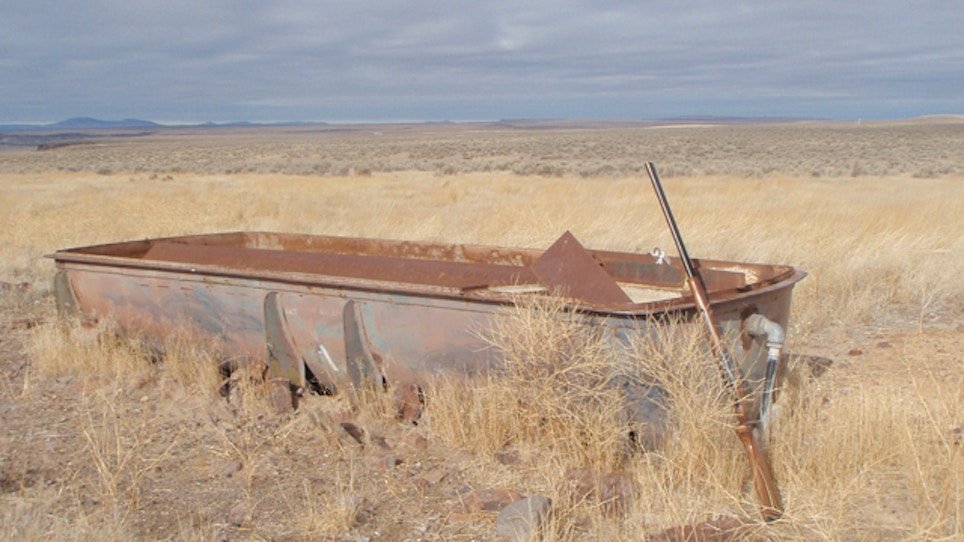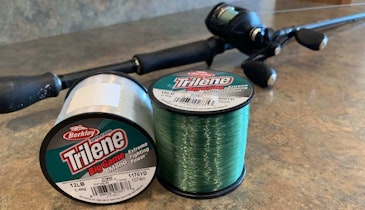Upland game birds need water. Not much, and not necessarily from the "usual suspects," but almost every day. Unfortunately, they don't usually cooperate as well as they did one day in chukar country when an acquaintance filled his gas tank with fuel and my buddy and I with hope. He predicted birds on a certain creek at a certain time. And he was right. At least that hot day in a droughty season where water was scarce and in predictable locations. For all I know, he'd been there the day before and caught them by chance, but I'm still grateful.
Here in the desert where we chase chukars, water is life. Maybe not so much where you are, but one way to shoot more birds is to find their water source, then put yourself between the two. But if it was easy, there'd be fewer birds in the field and more bragging hunters in the local tavern. Most times, we wander creek bed to draw, swale to spring, searching for elusive game birds that crave the life-giving fluid ... so why aren't they here?
The fact of the matter is birds don't have watches. Weather, time of year, and for all I know, the alignment of the planets will affect a bird's schedule and water needs. Early in the season, they are most likely to head for open water: creeks, streams or a pond. They will travel some to get it, too. Biologists tell us up to a mile, maybe more in a crisis.
To make things worse, all water isn't marked on a map. Springs, seeps, roadside ditches, irrigation canals all proffer enough moisture to sustain life in a game bird. Watch for green spots in an arid landscape, ask locals, and get creative. I've found birds at cattle tanks and leaky windmill troughs.
They'll visit that water once, sometimes twice a day if it's really hot or their diet is comprised of dry materials such as grains. But when, oh when, is the eternal mystery. Mid-morning and late afternoon are safe, but relative guesses.
If the wind is right or your route allows it, hunt toward or away from water and you might get lucky. Or plan a route that hits water sources several times during the day.
Or simply trust it to pure dumb luck, like I do. Because even when blazing sun bakes the hills and desiccates everything in sight, birds don't necessarily need open water. Morning dew will suffice, or succulent forbs and grasses. So don't put all your eggs in the hydration basket when you shuck those shells into your Wingmaster.
Want more stories and videos? Check out the Scott Linden Outdoors Channel.






